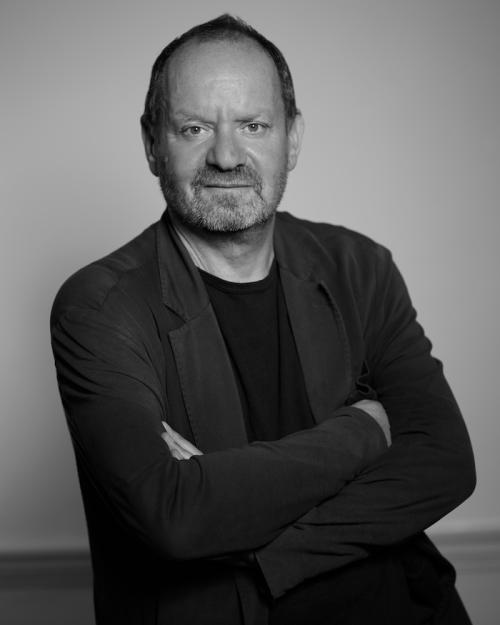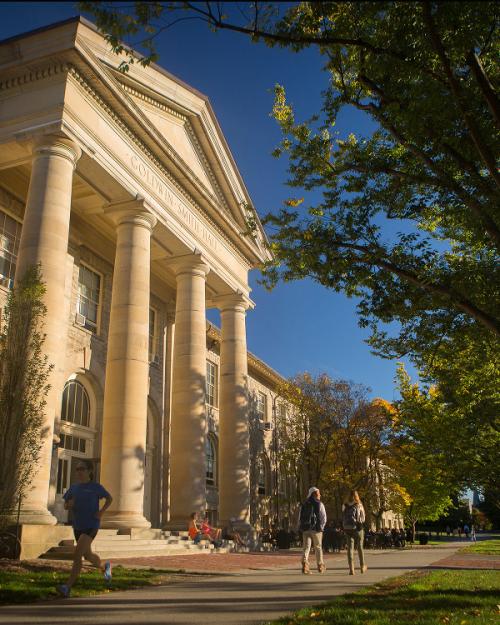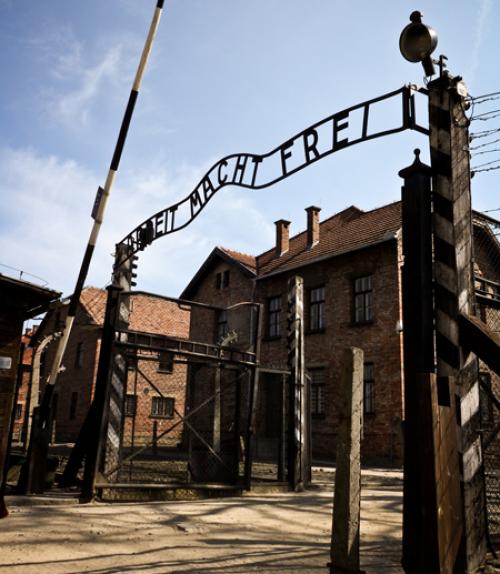As a young child in World War II Poland, Nobel Prize-winning chemist Roald Hoffmann and members of his family spent 15 months hiding in an attic, kept safe from the Nazis by a Ukrainian couple who risked their own three small children to do so.
Hoffmann’s life was spared, thanks to the courage and kindness of others.
“Wars create an environment where choices for good are hard to make,” said Hoffmann, the Frank H.T. Rhodes Professor of Humane Letters Emeritus in the College of Arts and Sciences. “It’s easy to be ethical at peacetime.”
Seventy-five years after the liberation of the Auschwitz concentration camp, where nearly 1 million Jews were killed, close to 200 people gathered in Ithaca to explore the continuing question of the role moral courage plays in confronting hate.
Hoffmann was part of a panel discussion, “When it Is Hard to be Human: Lessons From the Rescuers in the Holocaust,” which explored why some gentiles risked their lives, and their family’s lives, to save Jews during the Holocaust. The discussion was held Feb. 2 at Ithaca College.
Panelist Eva Fogelman discussed the characteristics she identified in the more than 300 interviews she conducted with rescuers of Jews for her 1994 book, “Conscience and Courage.” These included a heightened sense of empathy, which she said could be traced to being raised in loving homes where they were not taught to fear authority.
“They could think independently about what was the right thing to do,” Fogelman said.
The rescuers came from every gender, religion, class and political affiliation, she said. She found that 90% of the rescuers had learned tolerance and acceptance of difference from their parents and more than 80% had an altruistic role model.
“The annihilation of European Jewry has no redemptive meaning,” she said, “but it does teach us about the human capacity for evil and for doing good.”
Hoffmann pointed to another strong motivator for rescuers: “You learn from the act of hiding someone that you are good.”
Dan Schwarz, the Frederic J. Whiton Professor of English and author of the 1999 book “Imagining the Holocaust,” moderated the panel. Schwarz noted that as we move further away in time from the original events, the role of the literary imagination becomes more critical in keeping the memory of the Holocaust alive.
“We’re learning that there are other effective ways of getting at the moral truths and historical lessons of the Holocaust,” said Schwarz, a Stephen H. Weiss Presidential Fellow. “Novels are often truer and get to the very essence of human experience better than testaments.”
“Novels,” Hoffmann said, “are one of the strongest moral instruments we have.”
The program, organized by the Ithaca Area United Jewish Community, was co-sponsored by the Department of Jewish Studies and numerous community organizations.
Image credit: Mats Skölving/CC BY-NC-SA
Read this article in the Cornell Chronicle.






